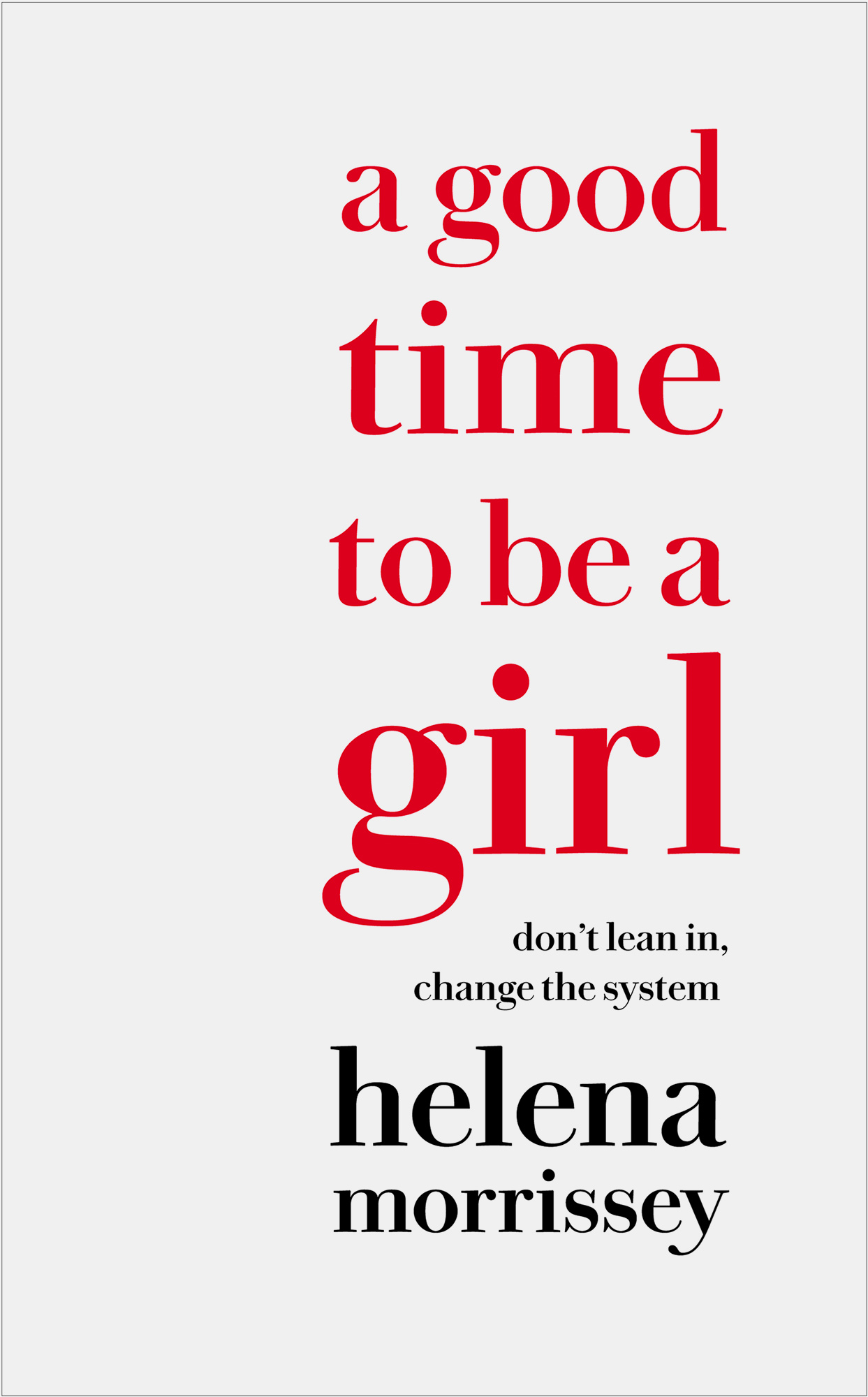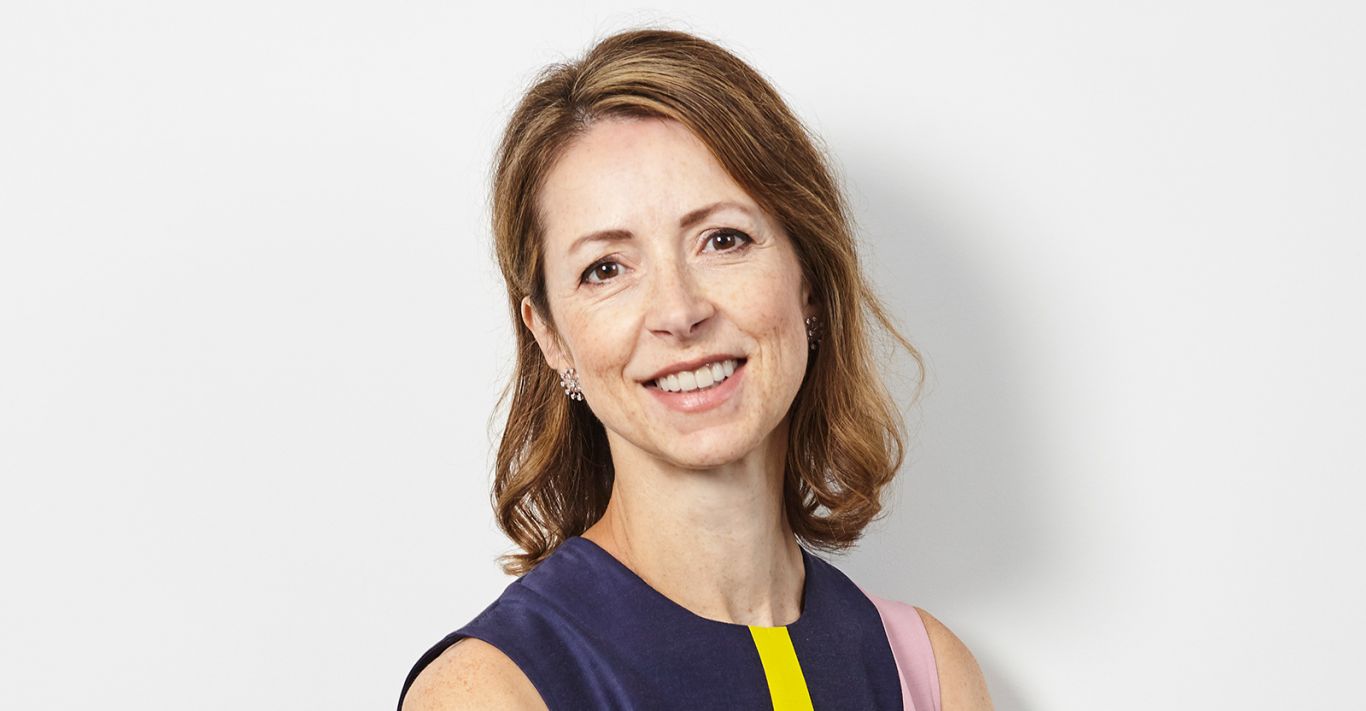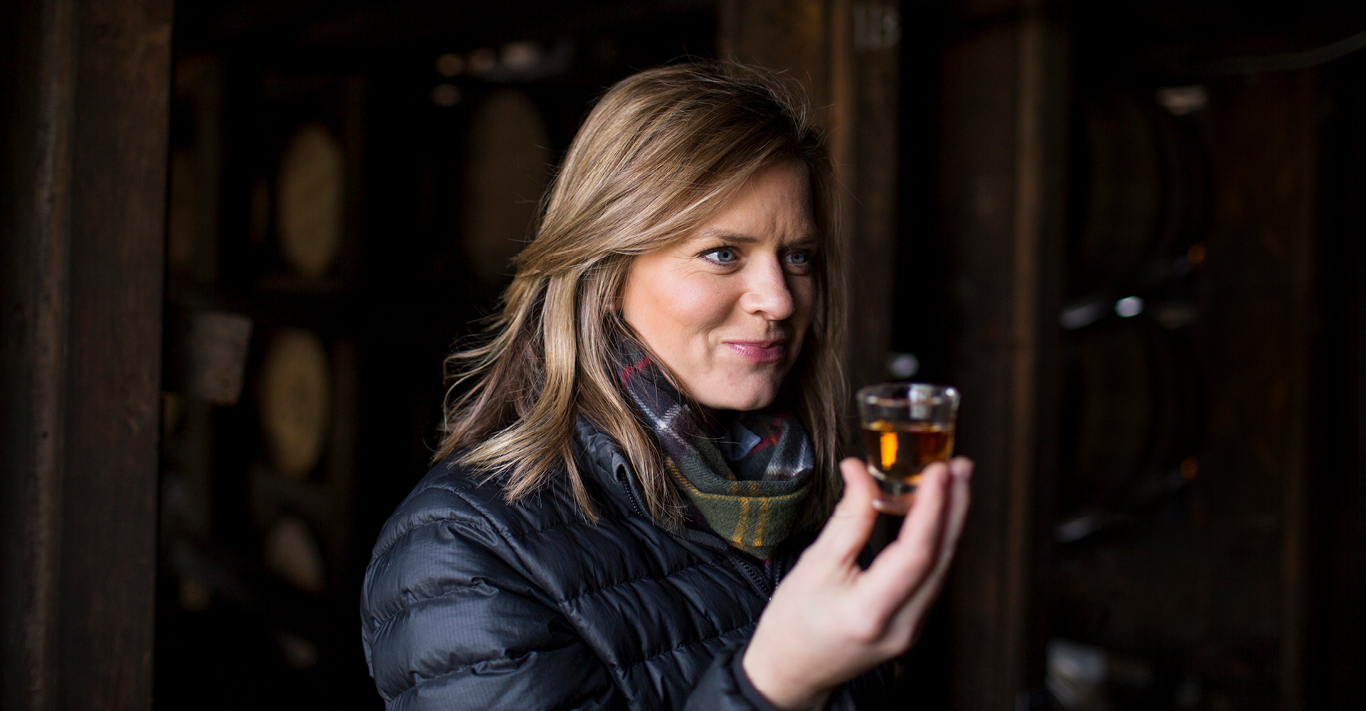WORDS
Georgie Lane-Godfrey
Helena Morrissey spent more than 20 years working for Newton Investment Management, working her way up from a junior fund manager to CEO. She is now head of personal investing at Legal & General. In 2010, she founded the 30% Club, a UK business initiative aimed at achieving gender-balanced company boards. Her book A Good Time to be a Girl was released last month.
Back in 2005, I launched a Women’s Development Network as, like other people in the City, I wanted to redress the representation of women in senior roles. At the time, 99 out of the FTSE 100 chairmen were men, with only Dame Alison Carnwath heading up Land Securities.
We organised lots of networking events with talks from high-profile women, but while the feedback was always ‘how inspiring’, none of that inspiration seemed to take hold. None of the men I invited would turn up either, so the events became women talking to women about women’s issues.
It wasn’t until 2009 when I spoke at Goldman Sachs’ Diversity Week that I realised that everyone was struggling to encourage female talent. I met Labour MP Baroness Mary Goudie at the lunch afterwards and we both decided we needed to try a different approach to make a change. This time, we needed a clear target. So I came up with the 30% Club – a goal to have women make up a third of UK company boards over the following five years through voluntary, business-led change.
There was still a lot of hostility in the beginning, from both men and women – many people supported the idea but didn’t think we could change anything when every other approach had failed. Others outright condemned it. I wrote personal letters asking male chairmen for their support, with one reply in particular sticking out in my memory: ‘This is nothing to do with you. This is a woman’s issue, not a business issue. I don’t believe in quotas.’

It was discouraging, but rather than taking the rejection personally, I just became more determined and redoubled my efforts. We did manage to get two male captains of industry on board straight away – Sir Roger Carr and Sir Win Bischoff – and their support swayed others who saw that we weren’t about quotas, but about voluntary targets that were in every company’s own interest.
That timing was also important – the financial crisis had given us a one-off opportunity. Not only was the priority to shore up the global financial system, but also to ensure this wouldn’t happen again. It was clear once the dust began to settle that having boards made up of only one type of person – similarly educated, similar class, similar age and of the same ethnicity and gender – couldn’t possibly be the right team. Diversity was needed for more than just ‘fairness’.
From the seven chairmen who joined us at the outset, we now have 200 supporters. Obviously today there are still only a handful of female CEOs. But the 30% Club helped shift the question of gender diversity from being a woman’s issue to a business issue. It hasn’t always been easy – I have persevered, but it wasn’t without personal cost. Yet, it’s gratifying to see how the mind-set has changed drastically. People now ask, why wouldn’t you join? But it’s important to remember that the 30% Club was born out of the Women’s Development Network’s failure. I like to think of it as my best fail.
Helena Morrissey’s A Good Time to be a Girl (£14.99) is published by William Collins.




